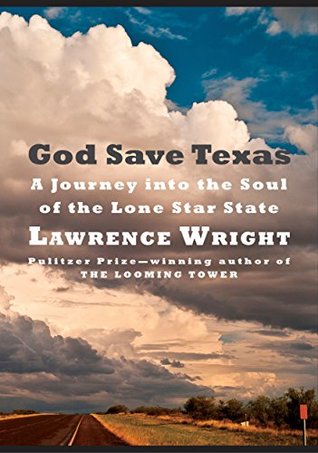More on this book
Community
Kindle Notes & Highlights
Read between
May 13 - May 30, 2019
Stephen F. Austin founded the Texas colony as a cotton empire, manned by slave labor. Mexico outlawed slavery in 1829, but appeased the colonists by granting an exemption to Texas. The Constitution of the Republic of Texas not only legalized slavery, it prohibited the emancipation of any slave without the consent of Congress. In 1845, with the price of cotton on the floor, the bankrupt young republic faced a choice of being annexed by the United States as a slave state or accepting a bailout from Great Britain and remaining independent. The loan came with a catch: Texans would have to pay
...more
This was a very incomplete telling of the history. This “bailout” offer brokered was by a relative nobody with no authority or office to negotiate such a deal. It’s like attributing the outcome of a national policy decision by an elected body being the winning outcome versus what your neighbor mentioned to you as their own passion project.
Texas in the wake of the boom was revealed to be a civilization built on greed and impermanence, a civilization that was here to take, not to give. It was odd, because Texans were always talking about how much they loved the state, but I wondered where was the evidence of that love.
Greg Abbott was a great track star in high school, having never lost a race, but in 1984 a tree fell on him while he was jogging through the wealthy enclave of Houston’s River Oaks, leaving him paralyzed from the waist down. He had just graduated from law school and had no health insurance. Fortunately, he won a $9 million judgment from the homeowner whose tree had fallen, and from the tree company that had inspected the tree and failed to recommend its removal. Later, as a member of the Texas Supreme Court, and then as attorney general, Abbott supported measures that capped pain-and-suffering
...more


